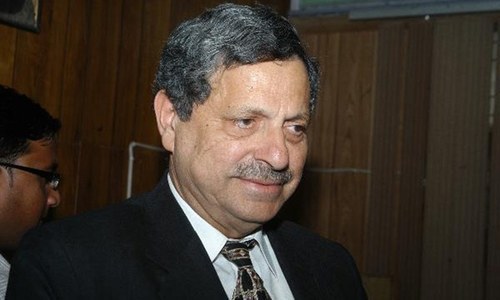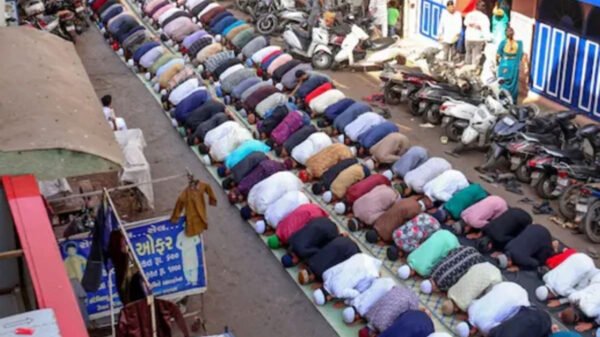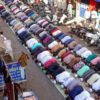Unfair Elections
Senior Lawyer and founding member of Pakistan Tehreek-e-Insaf (PTI), Hamid Khan, voiced concerns over what he perceives as unprecedented attempts to sideline his party from upcoming elections. In an interview with Asma Shirazi on Faisla Aap Ka, Khan emphasized that any polls conducted without PTI’s participation could not be considered fair.
Following the Supreme Court’s decision to take a reference against the hanging of Zulfiqar Ali Bhutto, Khan acknowledged the court’s prerogative in deciding which cases to prioritize. However, he argued that revisiting Bhutto’s case in today’s context was not crucial, as history had already condemned the judges involved in the verdict.
Khan linked the current controversies before the Supreme Court to the country’s present situation, asserting that Pakistan was going through a challenging time with a constitutional dispensation in question. According to him, the government’s functioning was not in line with the constitution, as it had been in office for over 90 days.
The lawyer emphasized the need for free and fair elections as the way forward, stating that the country’s events suggested a predetermined outcome for the government, undermining the democratic process. Khan expressed concerns about the lack of a level playing field for PTI, despite being considered the most popular party according to various polls.
Addressing the events of May 9, Khan raised suspicions about a planned agenda, particularly regarding the arrest of Imran Khan on that day. He called for a judicial inquiry to uncover the facts, asserting that the establishment’s version was dominating the narrative.
While acknowledging the imperfect nature of PTI’s intra-party elections, Khan argued that they were more elaborate than those of other parties. He dismissed the genuineness of challenges to the election, attributing them to external influences.
Looking ahead, Khan expressed confidence in PTI’s future despite current challenges, likening the party’s situation to the PPP’s state from 1979 to 1988. He underscored the importance of fair elections to avoid raising questions about the legitimacy of the polls. Additionally, he discussed PTI’s efforts to involve lawyers in politics, highlighting the historical role of the legal fraternity in political engagement.










